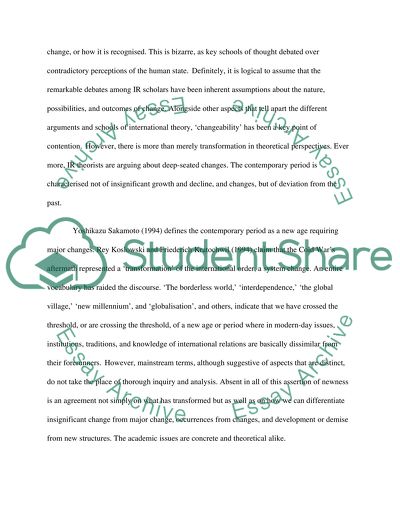Cite this document
(“Transforming the International System: Culture, Identity, Rights, Essay”, n.d.)
Retrieved de https://studentshare.org/politics/1391987-transforming-the-international-system-culture-identity-rights-justice-and-islamic-diversity
Retrieved de https://studentshare.org/politics/1391987-transforming-the-international-system-culture-identity-rights-justice-and-islamic-diversity
(Transforming the International System: Culture, Identity, Rights, Essay)
https://studentshare.org/politics/1391987-transforming-the-international-system-culture-identity-rights-justice-and-islamic-diversity.
https://studentshare.org/politics/1391987-transforming-the-international-system-culture-identity-rights-justice-and-islamic-diversity.
“Transforming the International System: Culture, Identity, Rights, Essay”, n.d. https://studentshare.org/politics/1391987-transforming-the-international-system-culture-identity-rights-justice-and-islamic-diversity.


